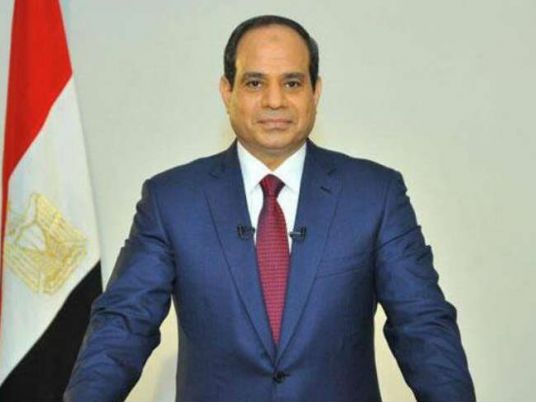
According to Al-Shorouk newspaper, President Abdel Fattah al-Sisi issued on Wednesday a presidential decree to introduce new legislative amendments to the real estate tax law, discarding the remarks that the State Council expressed when it reviewed the law last April.
The amendments exempt from the tax all army clubs, hotels, arsenals, complexes, medical centers, hospitals, clinics, real estate built within military premises and other units to be specified by the defense minister in agreement with the competent minister.
These places are not to be inspected by inventory or evaluation, contrary to the recommendations of the State Council.
Article 190 of the Constitution obliges the government to present draft laws to the State Council, whose opinion most scholars deem advisory and not binding.
The amended text does not include the State Council’s recommendation stated in Article 11 of the original draft not to collect the tax from real estate that is used as a main dwelling unit of an owner, his spouse and his minor children, provided it is the only such unit used for that purpose.
The amendments kept the recommendations of the Finance Ministry that exempt all real estate units that are not used as a main dwelling and that are worth less than a total annual rental value of LE24,000.
Also exempted are units used for commercial, industrial, administrative or professional purposes worth an annual rental value of LE1,200, as well as buildings owned by registered NGOs, labor organizations, educational institutions, hospitals, clinics, orphanages, non-profit-making charities, political parties and trade unions, provided that they are used for their intended purposes.
More exemptions are allowed for youth and sports centers, real estate owned by foreign governments yet on condition of reciprocity, real estate allocated for the benefit of arable land or non-profitable social events, and cemeteries.
The amendment to Article 13 forms inventory and evaluation committees in all governorates to assess the rental value of properties according to their architectural standard, geographical location and infrastructure facilities.
These committees are to be formed by a minister or his delegate and chaired by a representative of the headquarters of the governorate and a tax collector, both to be chosen by the respective governor upon the recommendation of the local councils, if they exist, while the bylaws of the committees shall determine the working procedures and their jurisdictions.
With regard to challenging the estimated rental values, Article 17 stipulates that challenges should be submitted to one or more appeal committees that are formed by a minister and headed by an experienced figure that is not a current or former employee of the Tax Authority, with the membership of a tax collector, a consultant in construction or an expert in real estate evaluation, all to be nominated by and registered at the Engineers Syndicate, the Financial Supervisory Authority or the Central Bank.
A member of an appeal committee cannot be a member of an inventory and evaluation committee at the same time. Also, the appeal committee must convene with all its members and take binding decisions by a majority vote within 30 days from the date of filing a challenge.




